DOE announces $11.5M in Phase 1 funding for carbon capture and storage program; ARPA-E FLECCS
Green Car Congress
JULY 15, 2020
million in funding for 12 projects as part of Phase 1 of the Advanced Research Projects Agency-Energy’s (ARPA-E’s) FLExible Carbon Capture and Storage (FLECCS) program. The team will use gas or liquid buffering tanks and tight thermal integration between the air separation unit and the oxy-combustion turbine. 8 Rivers Capital.






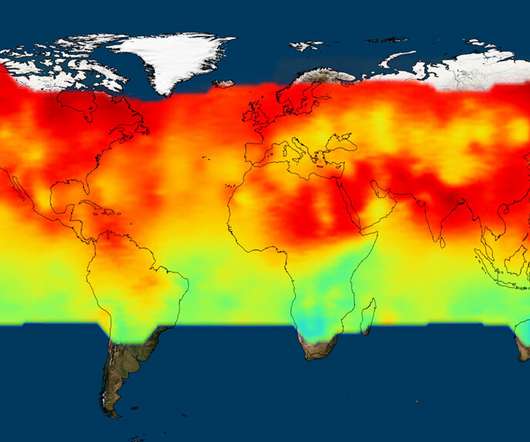
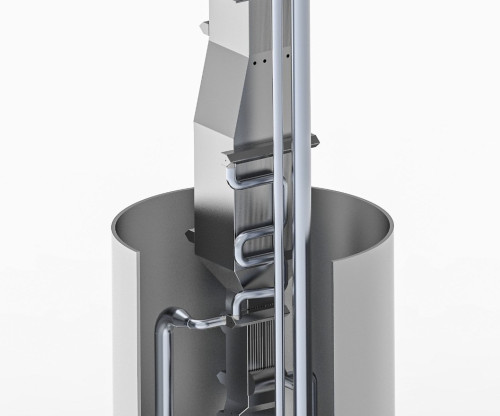


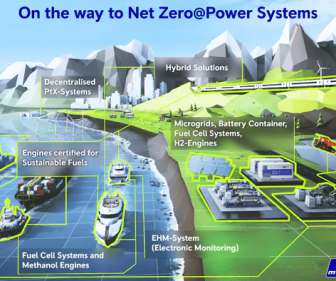












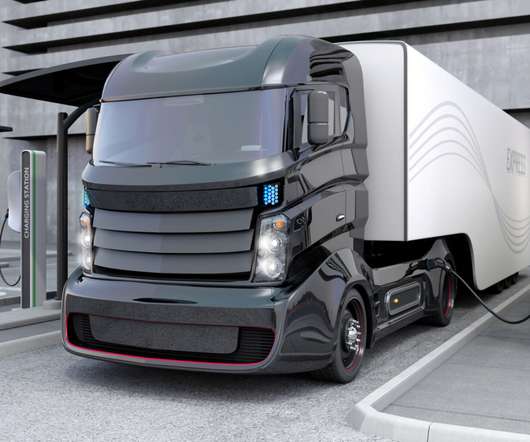


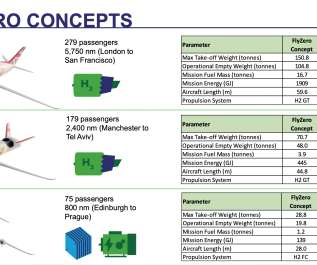
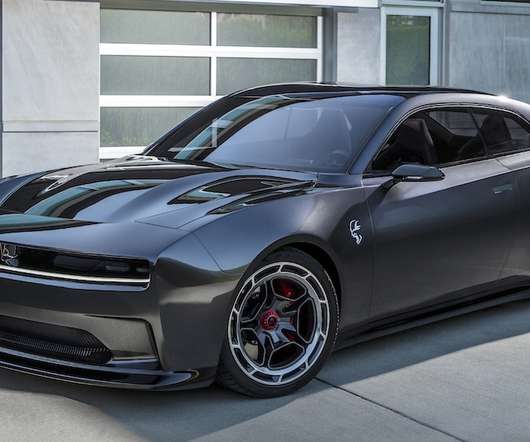





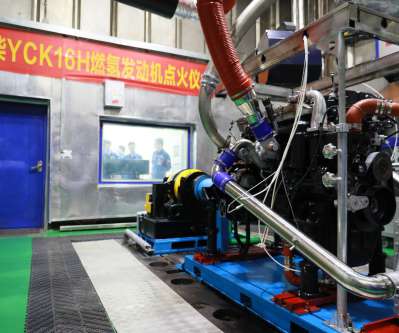








Let's personalize your content